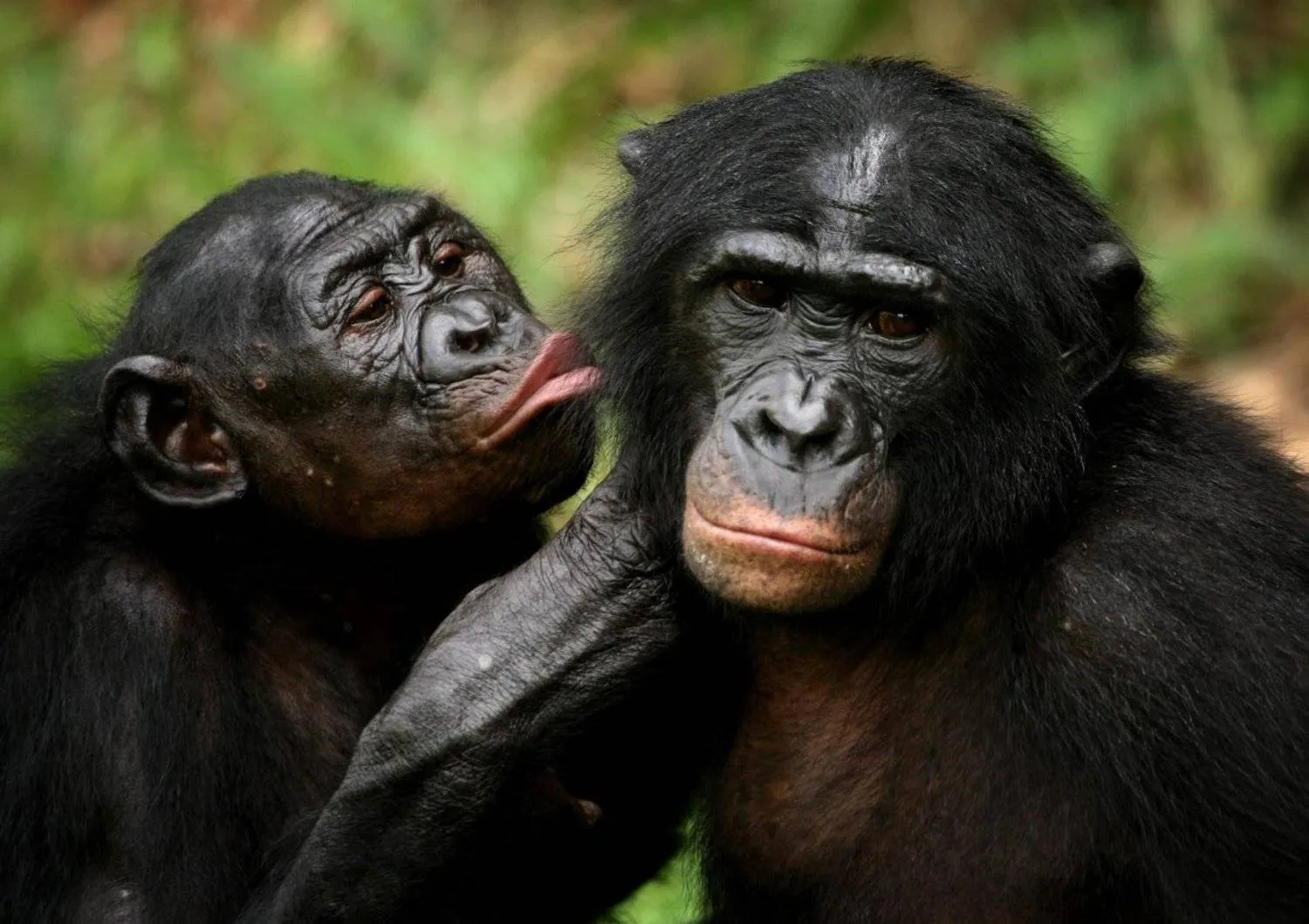People living near a chimpanzee research center in Guinea attacked the facility on Friday after a woman said one of the animals had killed her infant, the center's managers said.
An angry crowd ransacked the building, destroying and setting fire to equipment including drones, computers and over 200 documents, the center's managers said.
Eyewitnesses said the crowd was reacting to the news that the mutilated body of an infant had been found 3 km (1.9 miles) from the Nimba Mountains Nature Reserve, listed as a UNESCO World Heritage Site.
The child's mother, Seny Zogba, told Reuters she was working in a cassava field when a chimpanzee came up from behind, bit her and pulled her baby into the forest, Reuters reported.
Local ecologist Alidjiou Sylla said the dwindling supply of food in the reserve was pushing the animals to leave the protected area more frequently, increasingly the likelihood of attacks.
The research center said it had recorded six chimpanzee attacks on humans within the reserve since the start of the year.
The forests of Guinea, Liberia and Sierra Leone in West Africa are home to the largest population of the critically endangered western chimpanzee, estimated to have declined by 80% between 1990 and 2014, according to the International Union for Conservation of Nature.
There are just seven left in Guinea's Bossou forest, which forms part of the Nimba Mountains Nature Reserve, and is close to subsistence farming communities of the Nzerekore Region.
Chimpanzees are respected in Guinea and traditionally given gifts in the form of food, prompting some to venture out of the protected area and into human settlements, where they can sometimes attack.
The Nimba Mountains are also home to one of Guinea's largest iron ore reserves, which has raised concern among environmentalists about the impact of mining on chimpanzees.









